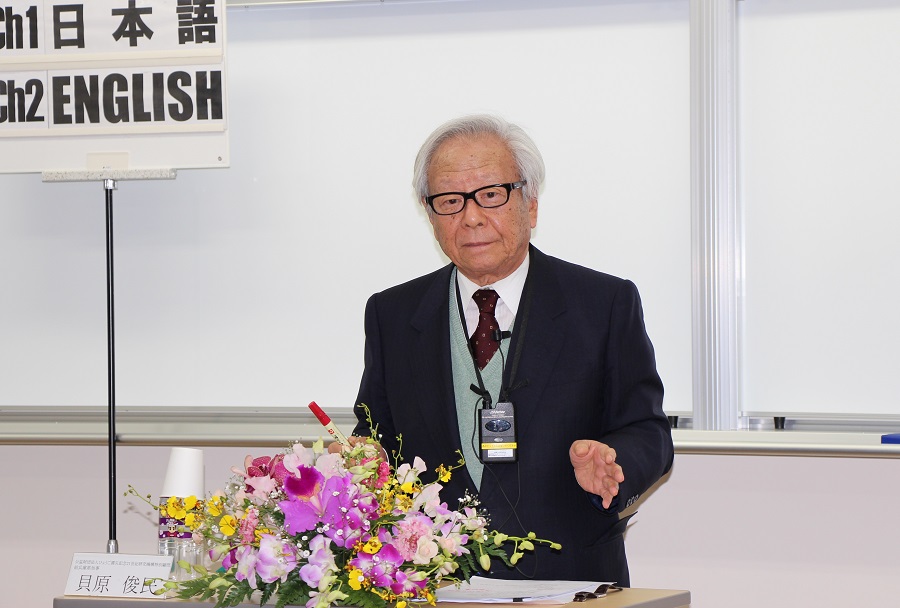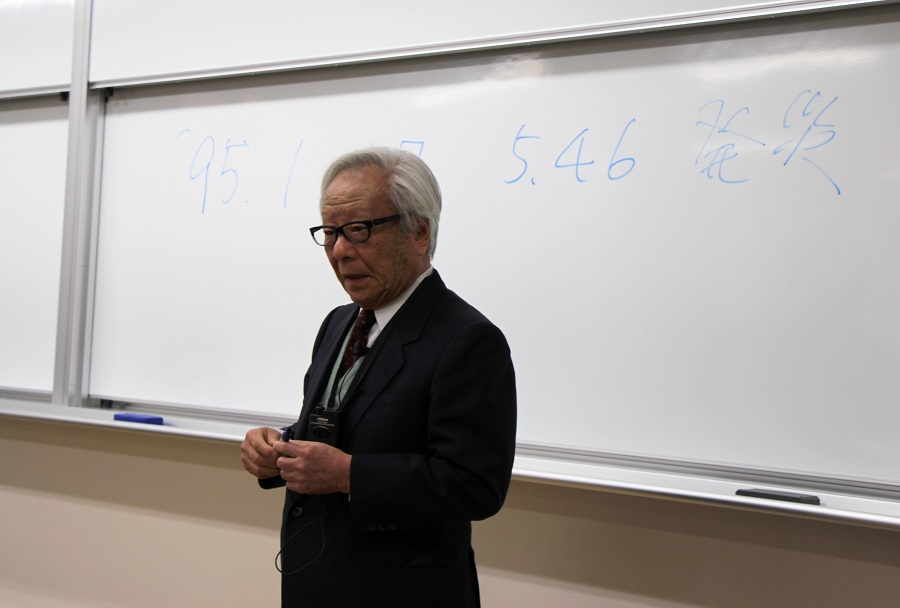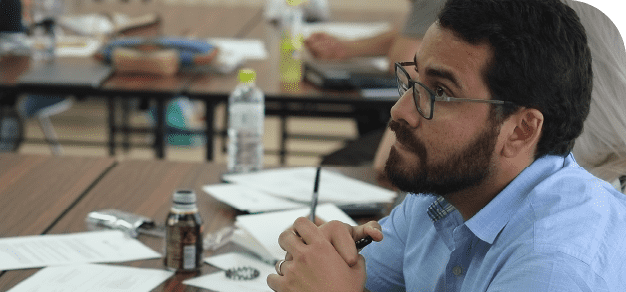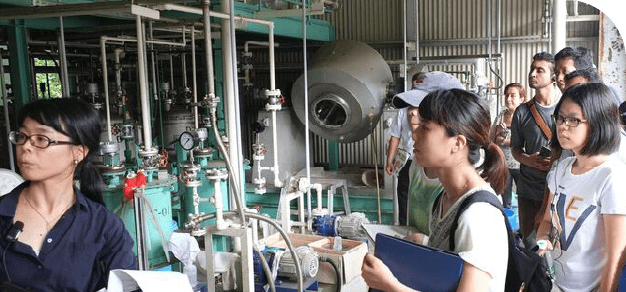GRM Students’ Reports
Leadership in Crisis Management
Graduate School of Science and Engineering Jorge Lamas
2014/01/24
Global Leadership Forum
Date: Jan. 24 (Fri), 2014
Venue: IMADEGAWA (Karasuma Campus), Shikokan SK118
Theme: "Leadership in Crisis Management"
Lecturer: Mr. Toshitami Kaihara (Special Adviser of Hyogo Earthquake Memorial 21st Century Research Institute, Former Governor of Hyogo Prefecture)
*********************************************
Former governor of Hyogo prefecture, Mr. Kaihara, talks about his experience during the Great Hanshin Earthquake in January 1995, and the role and importance of leaders during such disasters.
Mr. Kaihara explained how during a disaster, having precise knowledge of the situation is of utmost importance in order to take adequate countermeasures. As earthquakes and their damage are difficult to predict, the local government had prepared scenarios based on simulations, to know how to rapidly react in case of emergency. However, such scenarios cannot be fully practiced until the disaster occurs, and this lack of experience was evident during the Hanshin earthquake. Although a communication system was installed to enable fast communication during a disaster, they had not considered the facts that the system could fail due to damage, or that the people in charge would not be able to reach the system due to infrastructural damage in the zone. This was the case during the Hanshin earthquake, and information about the situation was not available until hours after the incident. Even after the situation of the affected area was clear, many challenges still remained in the mobilization of staff, the rescue and treatment of victims, and in the allocation of external help from international aid or volunteers.
Mr. Kaihara explained how they were able to act in this situation thanks to a number of leaders who, by taking matters into their own hands, managed to deliver help where it was needed. At that time, help from the crisis management administration was being delayed with time-consuming procedures, policies for international help, and a shortage of information. The leaders that helped to mobilize help had to work with a lack of information, or even had to against some laws, but in this case the ends justified the means, and a worse scenario was prevented.
With the experience obtained during the Hanshin earthquake crisis, the government took precautions in order to be able to react quicker and with a more reliable information network. However, Mr. Kaihara remarked that leaders will always be indispensable, as they possess the skills to react in unknown scenarios.
The values of leaders were also discussed in this lecture, and even though different cultures have different expectations, they always share similar characteristics in that they are able to take responsibility of a group of people, they are able to quickly react, and they recognize that sometimes laws and policies go against the general well being, and thus are able to extend the domain of these laws in order to achieve a greater aim. In this lecture we saw how prevention scenarios can only be useful up to an extent, and that not everything can be anticipated. Situations can also get out of control fast, and someone must always be held responsible. Even resources can be unanticipated, as in the case of volunteer aid given often during natural disasters and crisis.
In the GRM program, students are encouraged to follow these values and to be prepared to react on short notice situations. For this, students need to have vast knowledge on different fields, must be aware of their surroundings and be able to predict or expect the result of their actions. This will allow us to remain calm, act reasonably, and manage resources efficiently, even in situations of emergency. When someone can show good and fast results through his actions, while preserving the well being of the whole community, it is natural that others will follow.
As long as a leader exists, he will be an influence to those around him, and thus it is also important them to be loyal to their organizations, and to always include all the members. Mr. Kaihara talked about the former governor of Okinawa, Shimada Akira, and how he took full responsibility of their people during the raid of Okinawa in January 1945. Because of his selfless actions and full commitment, he was held by many as a leader.
Detail of Global Leadership Forum




